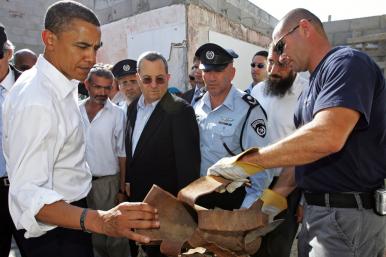
Never miss a breaking event on U.S. policy interests in the Middle East. Customize your subscription to our expert analysis, op-eds, live events, and special reports.
Through moments of hope and challenge in the Middle East diplomacy, The Washington Institute's Koret Project on Arab-Israel Relations is committed to providing America's policymakers with timely analysis on issues of critical concern to Israel and its Arab neighbors.
Never miss a breaking event on U.S. policy interests in the Middle East. Customize your subscription to our expert analysis, op-eds, live events, and special reports.